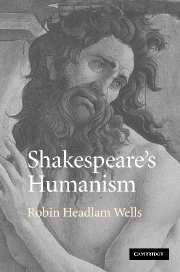Introduction
Published online by Cambridge University Press: 22 September 2009
Summary
A vision of a future social order [must] be based on a concept of human nature. If, in fact, man is an indefinitely malleable, completely plastic being, with no innate structures of mind and no intrinsic needs of a cultural or social character, then he is a fit subject for the ‘shaping of behavior’ by the State authority, the corporate manager, the technocrat, or the central committee. Those with some confidence in the human species will hope that this is not so and will try to determine the intrinsic human characteristics that provide the framework for intellectual development, the growth of moral consciousness, cultural achievement, and participation in a free community … We must break away, sharply and radically, from much of modern social and behavioral science if we are to move towards a deeper understanding of these matters.
Noam Chomsky, ‘Language and Freedom’ (1972)Postmodernists do not share Noam Chomsky's views on human nature. Cultural Materialists and New Historicists believe that talk of innate structures of mind or intrinsic human needs is no more than ideological mystification; in reality there are as many forms of human nature as there are human societies. ‘Constructionism’, writes one leading American Shakespeare scholar, ‘is one of the basic propositions by which new historicism as a way of reading has distinguished itself from humanism. Where humanism assumes a core essence that unites people otherwise separated in time and social circumstances new historicism insists on cultural differences.’
- Type
- Chapter
- Information
- Shakespeare's Humanism , pp. 1 - 5Publisher: Cambridge University PressPrint publication year: 2005



